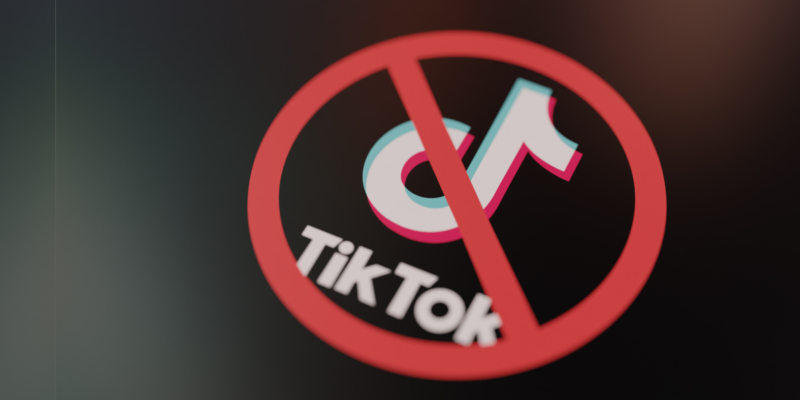TikTok, one of the fastest-growing social media platforms in the world, has become a hub for creativity, entertainment, and digital marketing. With over a billion active users, its short-form video content has redefined how people engage with social media. However, the app has come under intense scrutiny from governments worldwide due to concerns over data security, privacy, and its connections to China. These concerns have led to outright bans or regulatory threats in several countries, sparking heated debates about technology governance, national security, and the future of digital platforms.
At the core of the issue is TikTok’s parent company, ByteDance, headquartered in China. Critics argue that the Chinese government could potentially exploit TikTok to access user data, influence public opinion, or even engage in surveillance. Such fears stem from China’s 2017 National Intelligence Law, which mandates that companies cooperate with intelligence agencies when required. These concerns are not new but have gained momentum as geopolitical tensions between China and other nations continue to escalate.
India was among the first major markets to ban TikTok in 2020, citing national security concerns in the wake of a border clash with China. The decision also targeted dozens of other Chinese apps, framing the move as essential to protect the personal data of Indian citizens. In the United States, TikTok has faced similar scrutiny, with Montana becoming the first state to pass a full ban in 2023. Federal lawmakers have also debated broader bans or regulations, reflecting bipartisan unease about the app’s potential risks. In Europe, while TikTok has not been banned outright, governments have issued warnings against its use on official devices, and regulatory bodies are closely monitoring its compliance with the EU’s strict data protection laws.
A ban on TikTok, whether at a national or local level, has significant implications for creators, businesses, and consumers. For creators, TikTok has been a transformative platform, enabling millions to build audiences, monetize content, and turn hobbies into livelihoods. A ban would force many to migrate to alternative platforms such as Instagram Reels or YouTube Shorts, often at the cost of losing followers, engagement, and income.
Businesses, particularly small ones, have also leveraged TikTok’s powerful algorithm to reach niche audiences and market their products. The platform’s unique ability to drive organic reach has made it an invaluable tool for digital advertising. Losing access to TikTok could result in higher marketing costs and less effective campaigns, impacting brand visibility and customer acquisition. For consumers, TikTok’s combination of entertainment, education, and community is hard to replicate. Its absence would leave a void that other platforms may struggle to fill.
The TikTok debate also highlights broader challenges in regulating global technology companies. Governments must navigate the complex interplay of protecting national security, fostering innovation, and preserving user rights. At the same time, the rise of “digital sovereignty”—where countries impose restrictions on foreign tech companies—raises concerns about fragmenting the internet into localized, heavily regulated ecosystems.
TikTok’s uncertain future is emblematic of the larger struggle to govern technology in an increasingly interconnected yet divided world. As nations wrestle with the implications of allowing or banning such platforms, the outcomes will likely shape the direction of global tech policy for years to come. How this issue is resolved will not only determine TikTok’s fate but also set a precedent for how governments approach technology in an era where privacy, politics, and innovation collide.









Comments